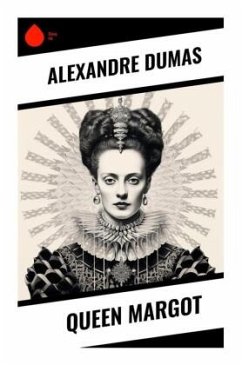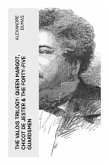Set against the backdrop of the tumultuous French Wars of Religion, "Queen Margot" is a vivid historical novel that intricately weaves the lives of its characters into the fabric of 16th-century France. Dumas employs a rich narrative style, with lush descriptions and dramatic dialogue, capturing the intrigue and political maneuvering of a deeply divided nation. The novel revolves around the life of Marguerite de Valois, a woman caught in the machinations of power, love, and betrayal, illuminating the complexities of both personal and political alliances in a time fraught with violence. Alexandre Dumas, a prominent figure of French literature, was renowned for his ability to blend historical fact with fictional narrative. Born to a mixed-race family during an era of social upheaval, Dumas's own experiences with discrimination and his fascination with heroism and adventure influenced his storytelling. "Queen Margot," published in 1845, exemplifies his flair for creating compelling characters who navigate perilous situations, resonating with his audience's desire for both escapism and engaging narratives grounded in reality. For readers who seek an immersive experience into the past, "Queen Margot" is essential. Dumas's masterful blend of historical drama and romantic intrigue not only captivates but also educates, offering insights into the power struggles that shaped modern Europe. This novel is a testament to Dumas's literary prowess and remains a captivating exploration of human ambition, love, and the stark realities of political life.
Bitte wählen Sie Ihr Anliegen aus.
Rechnungen
Retourenschein anfordern
Bestellstatus
Storno








